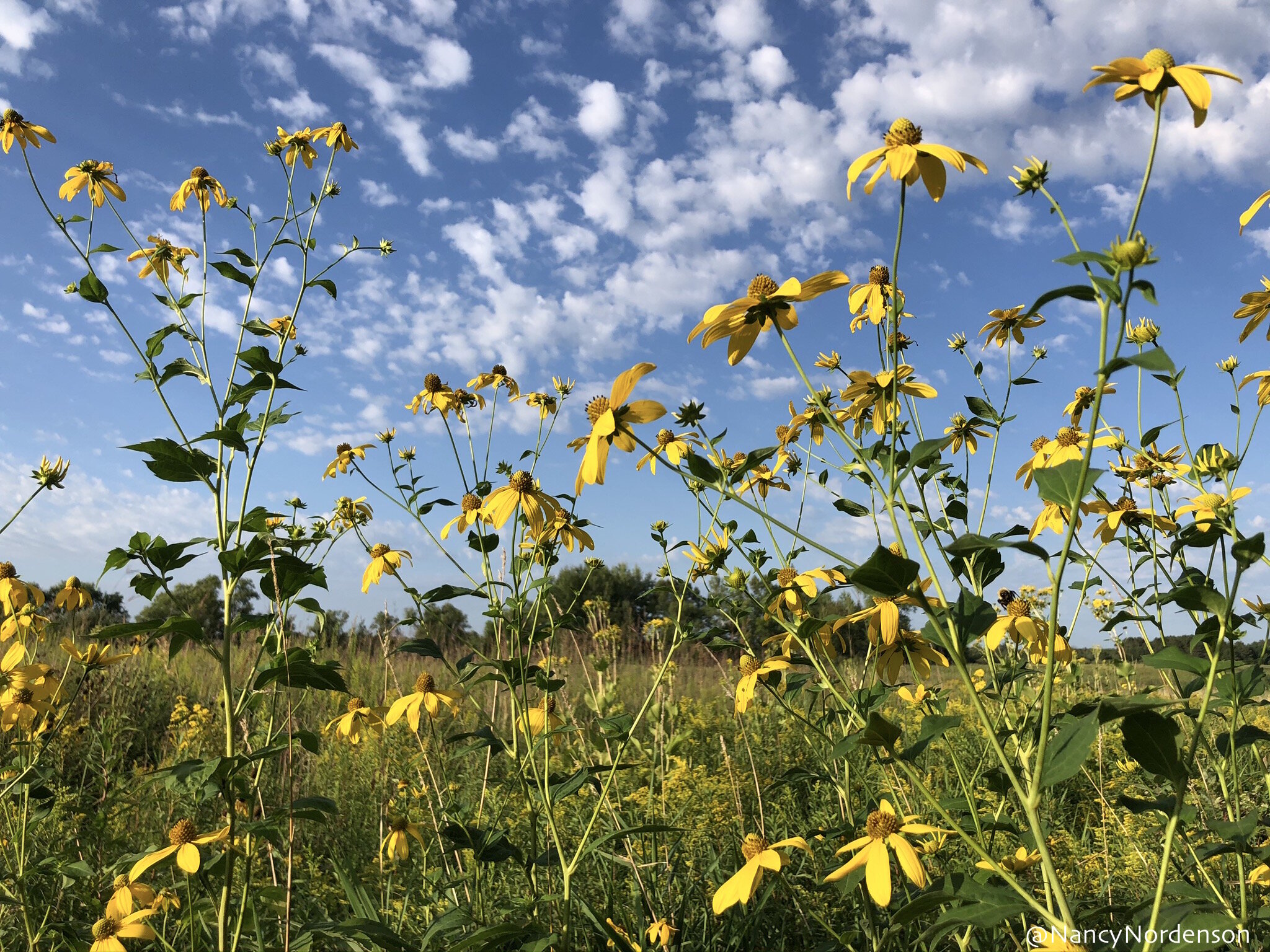When I opened How Not to be Afraid: Seven Ways to Live When Everything Seems Terrifying, by Gareth Higgins, founder and editor of The Porch (“a slow conversation about beautiful and difficult things”) I expected to discover ways to not be afraid of tornadoes or flagged biopsy findings or pink slips or out-of-control worldwide pandemics. I thought the book would deliver ways to circumvent the pounding heart or racing mind on sleepless nights. But that wasn’t exactly the book Higgins wrote.
Higgins didn’t write to describe ways to combat fear but rather to describe living in a way that is bigger than fear, a way so full of love and care for this often oh-so-scary but rich and beautiful world, that fear is dwarfed. Here’s how to take your eyes off the fear that holds you and instead open them outward, Higgins is saying on these pages.
Early in the book I was attracted to what Higgins wrote about the stories we tell ourselves:
“Stories of connection, courage, creativity, and the common good are more true but less frequently told. Given that the brain more easily recalls shocks than wisdom and notices spectacular more easily than gradual change, these better stories need to be spoken more often with more imagination. That doesn’t always mean they need to be longer. Love your neighbor as yourself is a very short story indeed, but it may contain the secret of how all life can experience its own abundance.”
As I kept turning the pages, I realized more and more that Higgins is calling his readers to attend not only to the stories we tell ourselves but to the stories each of us are helping to write for our neighbors and the world.
~~~
Related posts:








